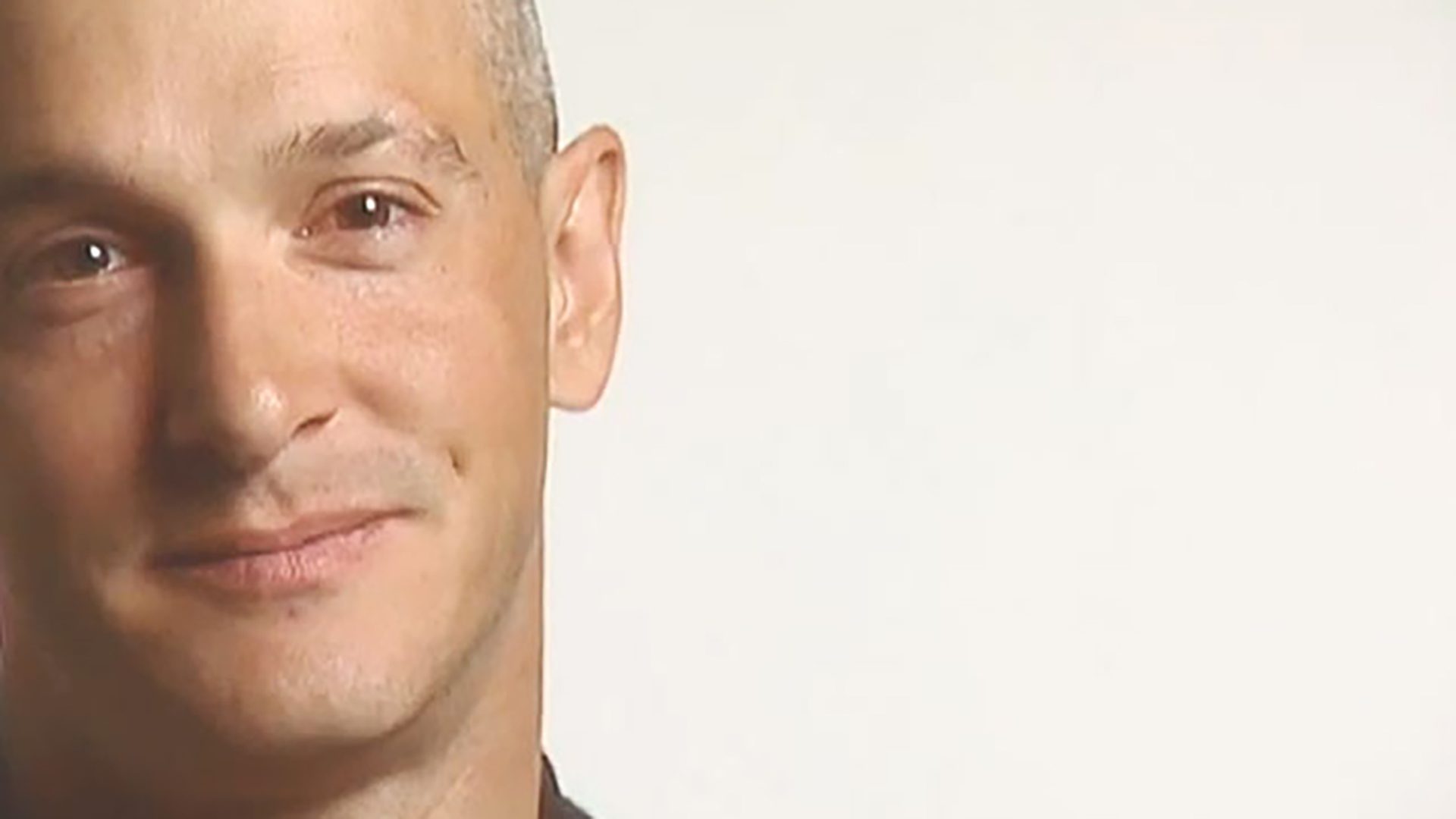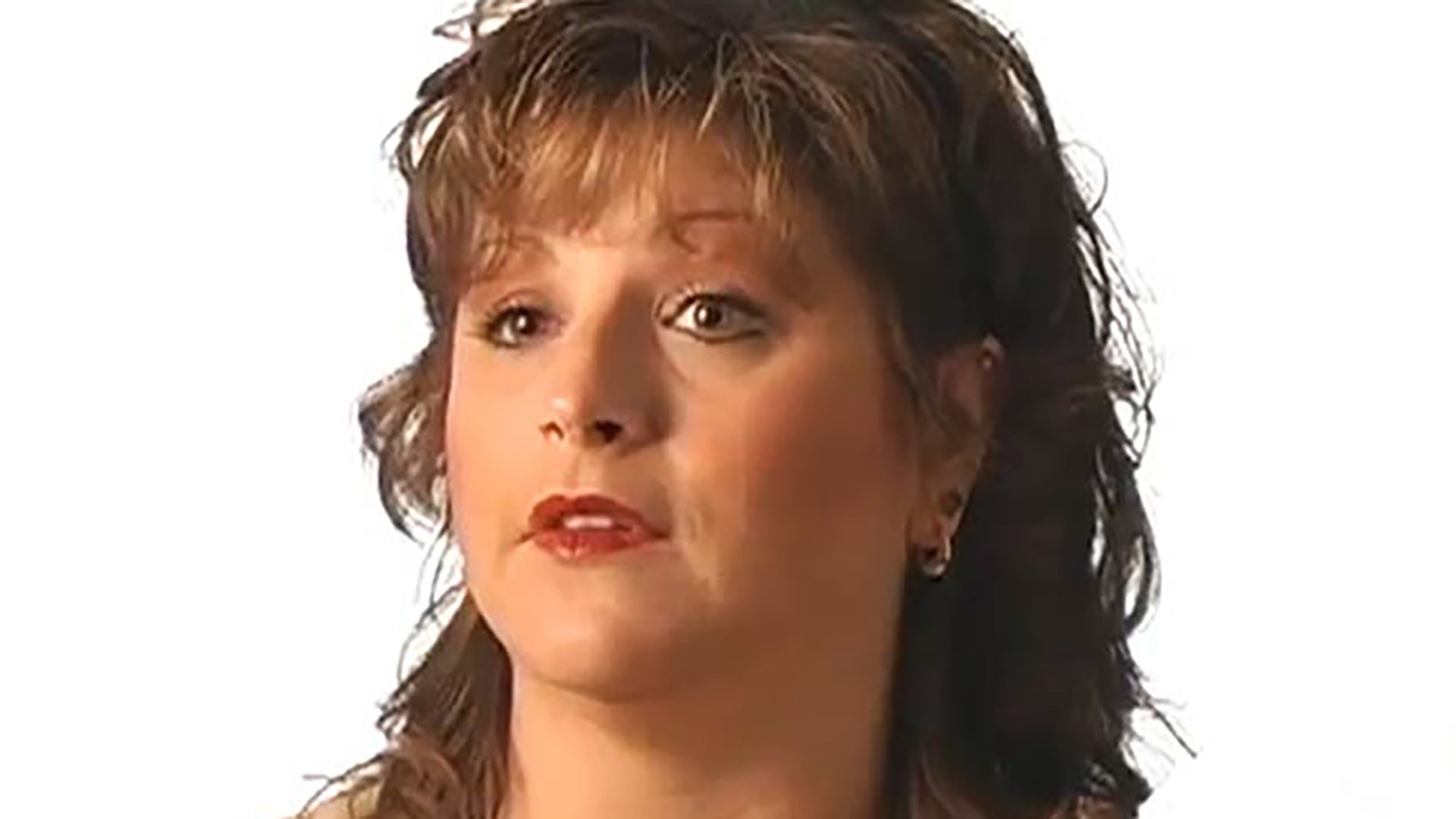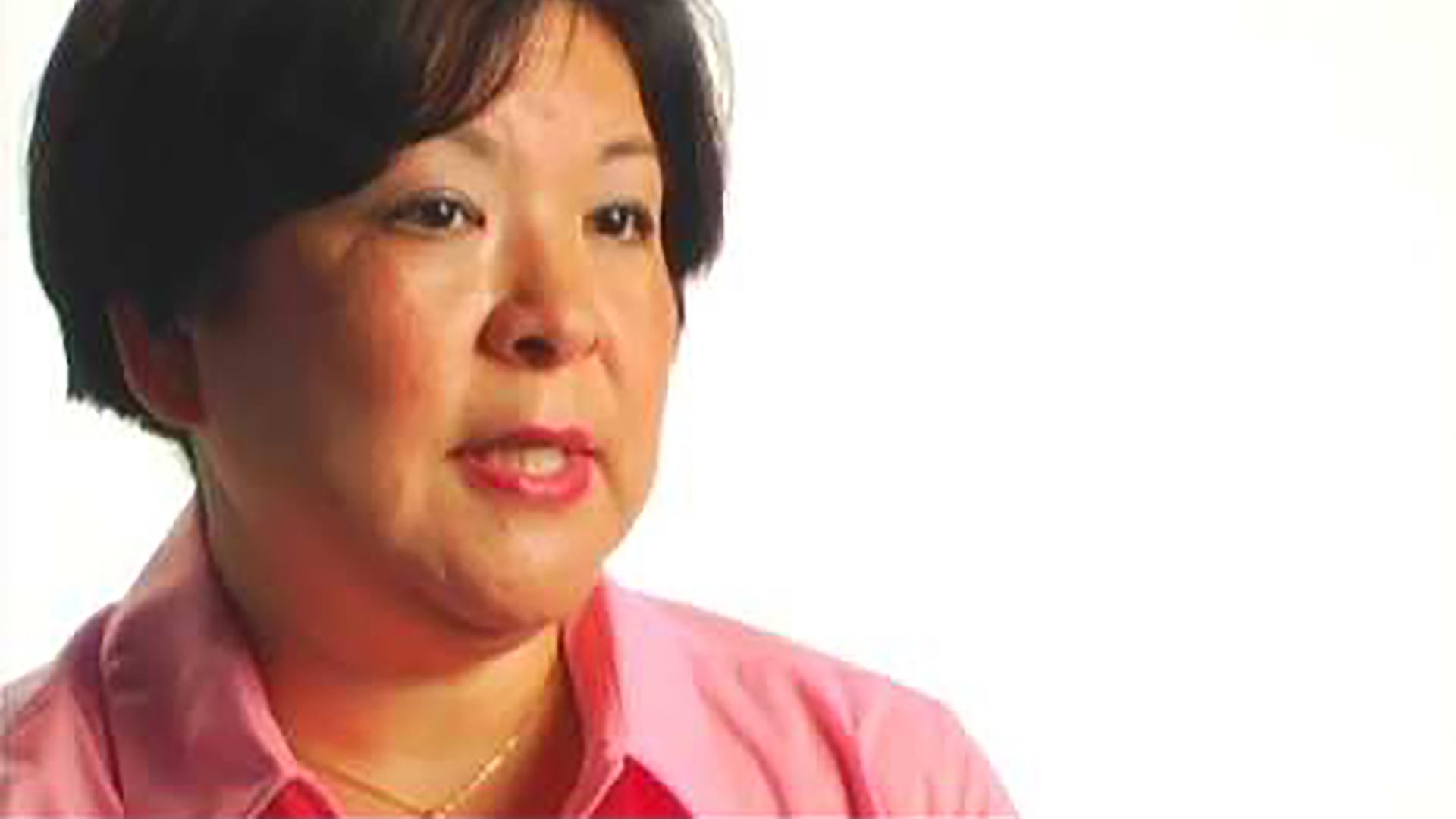Caregiver Interview – Eric M.
Eric’s son is a brain cancer survivor. Eric talks about how the aftereffects of surgery affected his son, financial issues, and communicating with his wife.

I became a survivor on June 23, 2000 when my son Garrett was diagnosed at age five.
The first thing that you have to do is become as educated as possible. I know with the diagnosis it’s hard to get your thoughts clear, but there are clinical trials that are available. There are treatment options that you can choose from that can really help in the long-term care of your son or daughter. It’s important that you have the strength and the wherewithal to really educate yourself on all the different options that are available.
Garrett had to deal with a lot of different physical issues. First of all, the brain tumor had to be removed. It was removed on June 24, 2000 and he was in the ICU on a ventilator. After the surgery he was blind, mute, and paralyzed, so he was in a wheelchair for a while and had to relearn to walk. He was in speech therapy for months relearning how to talk, and then the visual impairment has continued to today and likely won’t resolve. He still has a lot of different physical problems that we have to deal with, some weakness and things like that.
Garrett, because he lost his sight, isn’t going to be able to read like other children. He has enough sight that with a magnifying TV he can read some print, but not very quickly, and so he’s going to have to learn Braille. They wanted to start teaching him Braille earlier, but, because of the chemotherapy, he had lost feeling in his fingertips, peripheral neuropathy, so we had to wait. We’re excited that this year, just a few weeks ago, he got his Braille writer, and he’s learning to read Braille. He’s so excited. He can tell you what pens are what and what all the letters are. It’s very exciting for us that he’s going to get to enjoy reading, because he loves books on tape now. The joy of reading is so important to develop your mind and develop your view of the world.
He’s remarkable in the way he’s recovered and adapted to the blindness. At first it was difficult. He couldn’t get around and things like that. And now you can hardly tell that he’s profoundly visually impaired. I think he forgets sometimes. He was chasing his brother through the lobby of the hotel, and his brother darted into a door as it was closing, and it was a glass door. Garrett could see his brother on the other side but couldn’t see the glass and ran face first into the glass and broke his nose. When you’ve had a brain tumor taken out of your head, a little broken nose is not too big of a deal.
The world has changed now, and it’s very difficult to think about life as it used to be. But you get through it. The hardest thing for me was accepting help from other people, whether that was financial, whether it was cooking us meals, whether it was taking care of our other children. That was the hardest thing for me as a man. I’ve got a good job. I’ve got health insurance. People started handing me $500 checks and saying, “We’re setting up a medical fund,” and I tried to stop it. I finally had a friend who was strong enough to tell me to put my ego in my back pocket and allow people to help me, and not just me, to help our family. The T-ball team that Garrett had, they had a garage sale and raised $1000. What I didn’t realize at the beginning was that we were going to need that money, because your insurance says that they’re going to pay for this, but the chemo drugs aren’t on their list of approved drugs and all of a sudden your co-pays go from $10 to $50. There are a lot of expenses that I didn’t know were coming.
One thing that we weren’t prepared for was the way our friends and some family members and coworkers reacted. Some of them were great and so supportive, but some of the other friends or coworkers didn’t to know what to say. They disappeared out of our lives. And we didn’t know why—did we do something to make them mad? Are they angry? What we really found out is they just didn’t know what to say and the only way that they could deal with it was just to not talk to us anymore. Some of them, three years down the road, still haven’t really reconciled anything, because they’re having a hard time dealing with the cancer that we’re going through in our family.
Cancer’s a roller coaster. It’s all about emotion. There are so many stages when your child is diagnosed with cancer. It’s the classic grief to disbelief to denial to anger to finally acceptance, and you have to allow yourself to go through all those processes. If you don’t, you get stunted in one of those and you never get out of it. All of those processes are natural.
I can remember the loneliness and despair and wondering if anybody else in the world felt the way I felt, if anybody cared or understood. My wife couldn’t relate to what I was going through, I couldn’t relate to what my wife was going through. I wanted to be left alone. I didn’t want people touching me. I didn’t want to talk to anybody. My wife needed that nurturing and she needed those hugs and the affirmations that everything was going to be okay. And it led to some trials in our marriage. Down the road we weren’t taking care of each other. It led to a lot of turmoil in our marriage to where we started talking about getting a divorce. This disease had not only infected our son but was now infecting our marriage. We, fortunately, were smart enough to realize all the stresses that were going on and got some counseling and got through that, and I think that’s a real challenge for married couples is you can’t relate to what the other person is feeling. Three years out we’re doing fine.
I think a critical aspect that people don’t think about are the siblings. We have four kids. Our youngest two were two and three when Garrett was diagnosed, and frankly, it didn’t affect them as much. They were too young to really understand what was going on. But Garrett’s older brother was seven at the time Garrett was diagnosed. He understood very clearly what was going on and that his brother and best friend could die. The impact on him was as great as it was with Nancy and I. We found other children that had mothers or fathers or brothers or sisters with cancer, somebody that was his age that he could talk to, or maybe a bit older that could be a mentor to him. We were also very careful that any special treatment that was given to Garrett, we also made sure that Ryan was included. There wasn’t a TV interview, a newspaper interview, a picture, a gift, anything that was done for Garrett that wasn’t also done for his brother, and we’ve continued that through this day, because we can’t have a child jealous of a disease.
When your child’s looking at death, there just seems something wrong in the process. You know, I’m supposed to die first, and they’re supposed to be miserable. It’s not supposed to be the other way around, and it’s very difficult. Childhood cancer in 1970 was a death sentence. We were real fortunate that we were diagnosed in the year 2000. Seventy percent of childhood cancer patients survive now. But 30 percent don’t, so that’s something that we still have to deal with. Garrett’s not out of the woods.
Survivorship is not just surviving; it’s living.
I’m Eric Miller. My son Garrett is a three-year brain cancer survivor.

